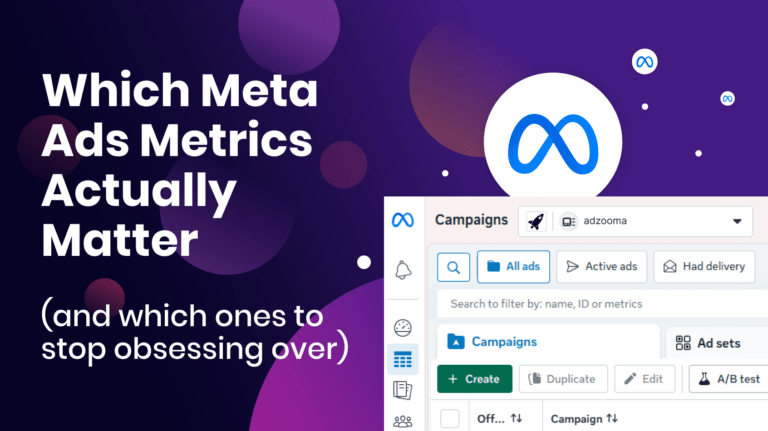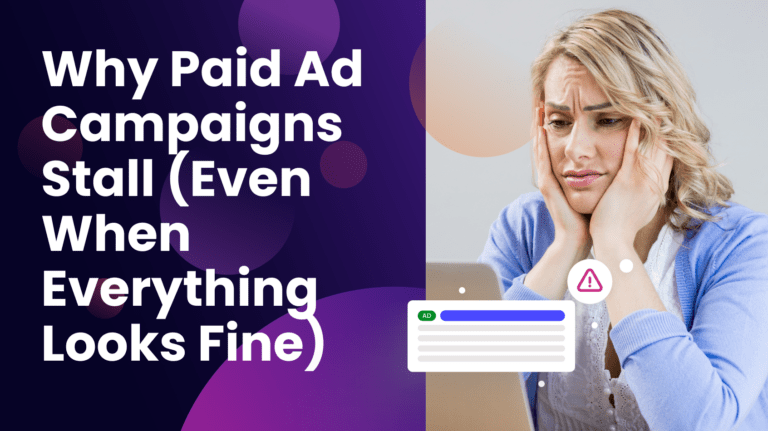Having a global movement dedicated to Women In Tech shows that being female, and successful in tech, is rare. There is even an annual conference designed to celebrate the innovations engineered by women as if it’s out of the ordinary.
For this reason alone, it’s our role and responsibility as women to become a part of this industry. We don’t want to be an addition, we want to be recognised as integral.
Just like YouTube’s Susan Wojcicki and Microsoft’s Amy Hood.
But, we are too underrepresented.
The sheer amount of women recognised in the technology industry, compared to men, is astounding. It’s no wonder fewer women are applying for tech-related jobs. Even at companies like Microsoft, female employees make up as little as 28% of the entire workforce.
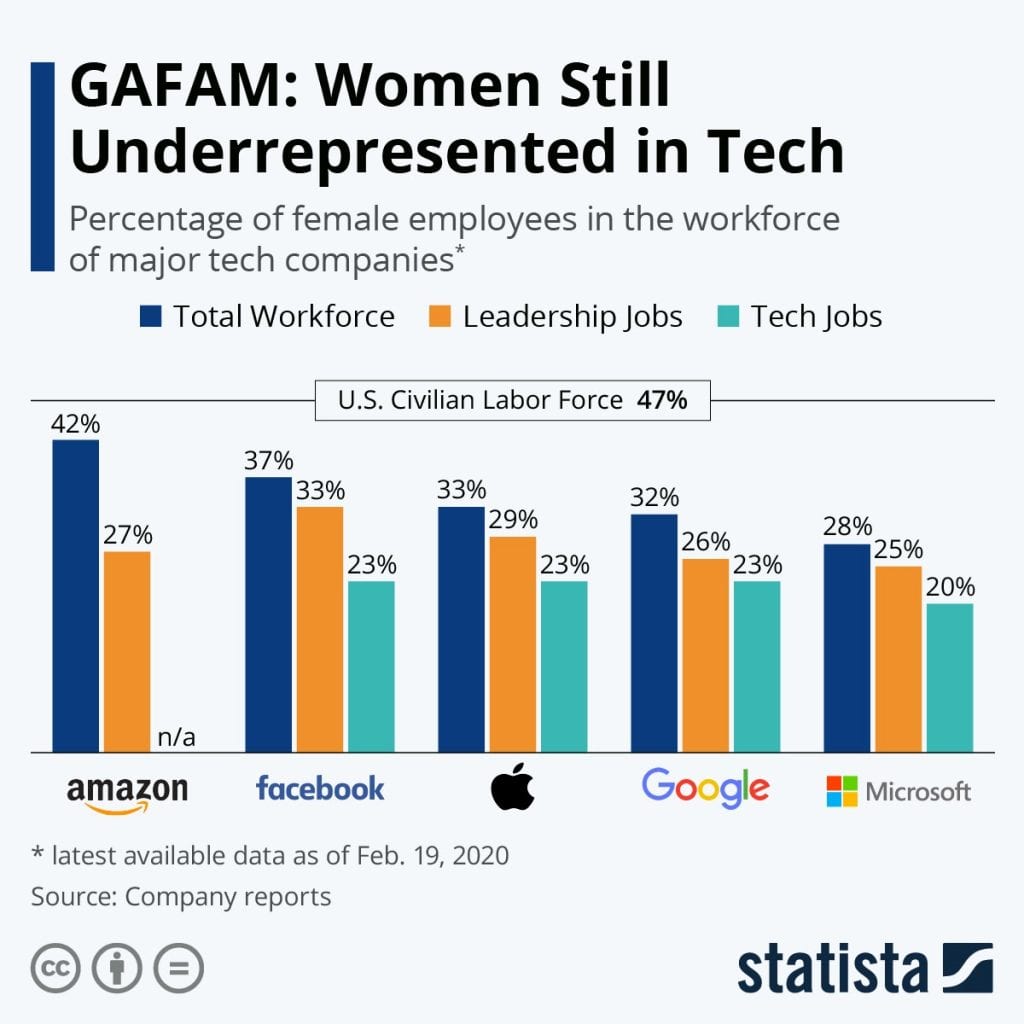
Worse still, this isn’t a hidden fact. This year alone, The Guardian has asked why there are so few women in tech, Forbes has given 3 reasons why we need more women in tech, and HR Review said women don’t have enough information about the tech industry to begin with.
And that’s not all.
As I discuss throughout this article, women are made to feel less than, looked down upon, and sexualised by their male counterparts. All in the industry we are helping to boost every single day.
The ever-existing gender gap
Discrimination against women isn’t something to be found in a handful of offices. It’s a recurring act of distinction, exclusion and restriction that we have experienced for the past 40 years.
That’s 40 years of feeling ‘less than’.
40 years of feeling inferior, despite bearing children and making some of the most powerful equal rights movements in history. It’s an uphill battle for us in family life, in politics, and in the workplace.
We have to be dominant, courageous, and fearless to work in tech. If we live up to traditional female stereotypes, such as showing more emotion, we are taken even less seriously. We have to be more aggressive to be seen as capable, to compete with men who just have to be themselves.
PWC, a multinational professional network of firms, highlighted this gap in their 2017 research.
The findings showed:
- 3% of women say a career in technology is their first choice
- 78% of students can’t name a famous female working in technology
- 16% of women have had a career in technology suggested to them, compared to 33% of males
- 5% of leadership positions in the technology sector are held by women
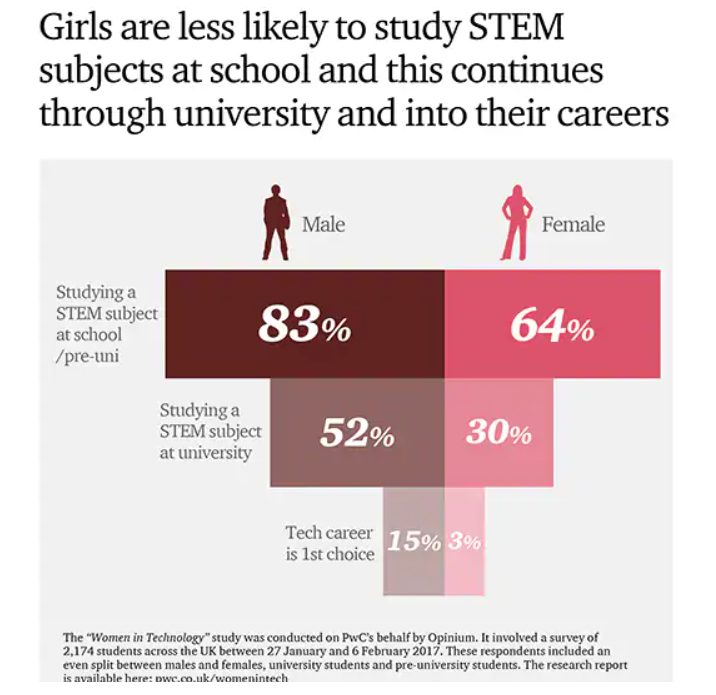
As well as making it difficult for women to climb the ladder, it makes it near impossible for some businesses to recruit female candidates.
In one example, President and Digital Forensics expert Cindy Murphy, from Tetra Defense, said she’s been frustrated about the relatively small number of applications they receive from women.
She told us:
“And when those applications do come in and follow up calls and interviews happen, I find that women are more likely to undervalue their experience, education, and training, and tend to see job requirements as absolute rather than negotiable.
With COVID-19 upon us making hiring even more difficult, I think part of the answer here is that we should proactively seek out the women and minority candidates we want to see populating our workplaces and encourage them to apply when we find them.”
Gender discrimination day-in, day-out
Some might argue that you will meet unkind, insensitive and indifferent people wherever you work. After all, you can’t join a company and expect every single person to be nice to you.
But, the fact that many of these microaggressions are aimed at women is an undeniable, underlying problem. In the tech industry, it is even worse.
Women aren’t viewed as being analytical or data-driven. If you’re into coding, god forbid you are the only female Developer. How are you ever going to be taken seriously in a room full of higher-paid men who have overruled the industry forever?
Better yet, how are you going to give constructive criticism to your male work colleagues without them getting defensive and doing anything they can to convince you that their way is right?
It’s this problem that led Christine Wang, Owner of The Ski Girl, to leave the tech industry altogether:
“I did have experiences in which my authority was not respected or taken into consideration by my male peers. This was always frustrating, to say the least, and was an impetus for me wanting to leave the industry and create my own success. I was able to succeed in previous roles but I never felt as seen or heard in a male-dominated workplace as I do now.
Within the corporate environment, I felt that I was not able to take advantage of growth and opportunities to the same degree as my male counterparts. Now that I have had some success in founding my own business, I truly feel that my input and authority are seen due to my experience and professionalism and have nothing to do with being a woman. I did have to make drastic changes to achieve this in the world of tech.”
Looking at existing data, this is a core problem in thousands of workplaces.
A 2017 poll in the Pew Research Center report found that 50% of women said they had experienced gender discrimination at work, compared to only 19% of men. The numbers were even higher for women with a postgraduate degree (62%), working in computer-related jobs (74%), or in male-dominated workplaces (78%).
Breaking this down further, around 74% of women in jobs such as software development or data science say they have experienced discrimination at work. A mere 16% of men in these jobs feel the same.
Paired together, these disappointing truths could be the reason that only one in four startups have a female founder.

In meetings, in corridors, and online
Earlier this week, I was scrolling through Twitter when I came across this tweet. It was a response to a thread of tweets under a job advert seeking a female Fullstack Developer.
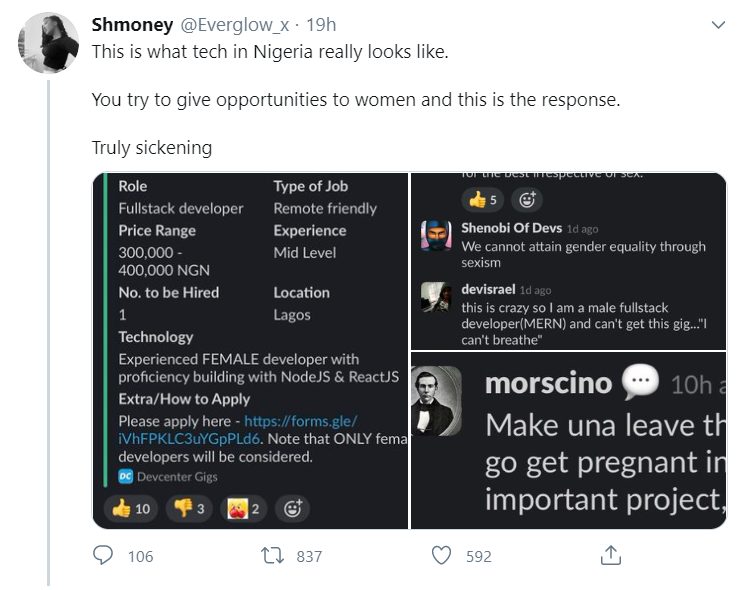
The first response I saw, from somebody called “Dev_Joe”, said this:
“We don’t compete with females for roles like Front Desk, HR, Sales, Marketers, etc. Why are you seeing it as if male dominating in IT has anything to do with men. It’s just that most women don’t like the stress of programming. Simple. Look for the best irrespective of sex.”
Honestly, I had to read it a few times.
He was annoyed that the job advert was seeking a female candidate because irrespectively, the best person for the job shouldn’t depend on sex. I get that. But he also suggested that women should stick to the jobs they are used to, leaving more technical jobs to men.
And, he was completely disregarding the fresh perspective a woman could bring to the table, particularly given the company is likely to have very few female employees.
Very confusing, sexist, and thoughtless, just like #Gamergate.
Known as the scandal that “never died”, #Gamergate was an online harassment campaign that fired threats at female gamers and creators. It happened over five years ago, but some people still believe ‘everything is Gamergate’.
When we spoke to Breanne Harrison Pollock, Co-founder of Ateyo, this was confirmed.
Breanne told us about the many difficulties she’s faced in the gaming industry in the last 3 years, and how working alongside another female Co-founder has made it even more of a challenge.
She stated:
- People assume women are dumb until we prove we are smart otherwise
- People assume women don’t play games or know about esports
- Women have to work harder and demand spots on panels, podcasts, publications
Discrimination lies beneath – even in the more entertaining side of tech.

Areej AbuAli, Founder of Women in Tech SEO, summed this up nicely for us:
“Representation Matters! Women need to see themselves represented in senior leadership teams, in boardrooms and in conference line-ups.
The more that we, as women, see ourselves represented, the more we’re going to have role models to look up to and the more inspired and encouraged we will feel to put ourselves out there in similar ways. But if we don’t see ourselves represented, then we’re less likely to want to put ourself out there.”
“Ah, he didn’t mean it like that. That’s just what he’s like”
Too often, we are faced with men in the workplace who are condescending and inappropriate towards women. But, so the company doesn’t have to deal with it, it is “just their personality”. It is completely overlooked.
And yes, I’m talking about comments that stick with you for the rest of your life.
For Jarry Lee, Social Media Marketing Consultant and Content Creator, one incident is easy to remember. A supervisor chastised her for changing into workout gear in the office bathroom, in a private stall, after working hours, on her way out of the office.
The circumstances would have been completely different for a man.
She explained:
“The clothing was not inappropriate and the company didn’t have any kind of dress code – people wore sweats all the time, for example – so I felt singled out.
The supervisor threatened to file a report to HR, and it made me feel demeaned and sexualized. I wore the outfit for maybe 5-10 minutes (between changing in the bathroom and picking up my bag from my desk before leaving), so the threat seemed particularly ridiculous and unnecessary.”
The worst thing is, these encounters aren’t always with people who are known for being sexist or the arrogant, alpha-male type. It can be people who you think are your friends – or even worse, managers.

Kimberly Porter, CEO, Credit Summit, told us that experiencing comments that would not be used towards men was common across various industries.
She told us:
“In the southern U.S. especially, older men and even some women would refer to me as “honey” or “sweetheart” which is condescending and extremely inappropriate in the workplace.
Some would use the excuse that it is just how they talk, but in a place of work, people just have to get a better handle on how they speak to coworkers and managers.”
A man’s world
Luckily, some women rise above the discrimination in this industry.
A perfect example, and somebody we’ve spoken to recently, is the CEO of Mailbird, Andrea Loubier.
She said:
“Being a woman in the tech world shows just how innovation works. The industry is well-known for its numerous male entrepreneurs, but establishing myself as a true contender shows just how quickly things can change. In the beginning, when I was fundraising, I felt as if I needed to go the extra step to showcase my product and to illustrate that this was more than a side hustle or an impulse startup.
I was in it for the long haul and, as I began to make my rounds with meetings and calls, I slowly began to realize that I was actually being judged for my merits, and not whether I was male or female. That was a hurdle that I needed to overcome – for myself. And now I find that I thoroughly enjoy offering an email client to thousands of customers. And I am proud to be a successful female entrepreneur in the tech industry.”
Mailbird now has over 2,000,000 users, and a 4.7/5 rating from 409 Facebook reviews.
A similar perspective was echoed by our very own Business Analyst at Adzooma, Mitali Mahesh, who told us:
“My experience as being a “Woman in tech” has been fairly positive, and I always enjoy pursuing my career in technology. Even in college and university having 2 to 3 women in class, there was a running joke regarding the lack of women in tech courses, but I have never experienced any form of discrimination.
It’s a fact that women have faced discrimination in workplaces, but luckily the winds are turning and there are huge of networks of support on the internet that are promoting other women in tech. Of all the companies I’ve worked for, I have always been praised and motivated to work in a team and was given equal opportunities as Men.”
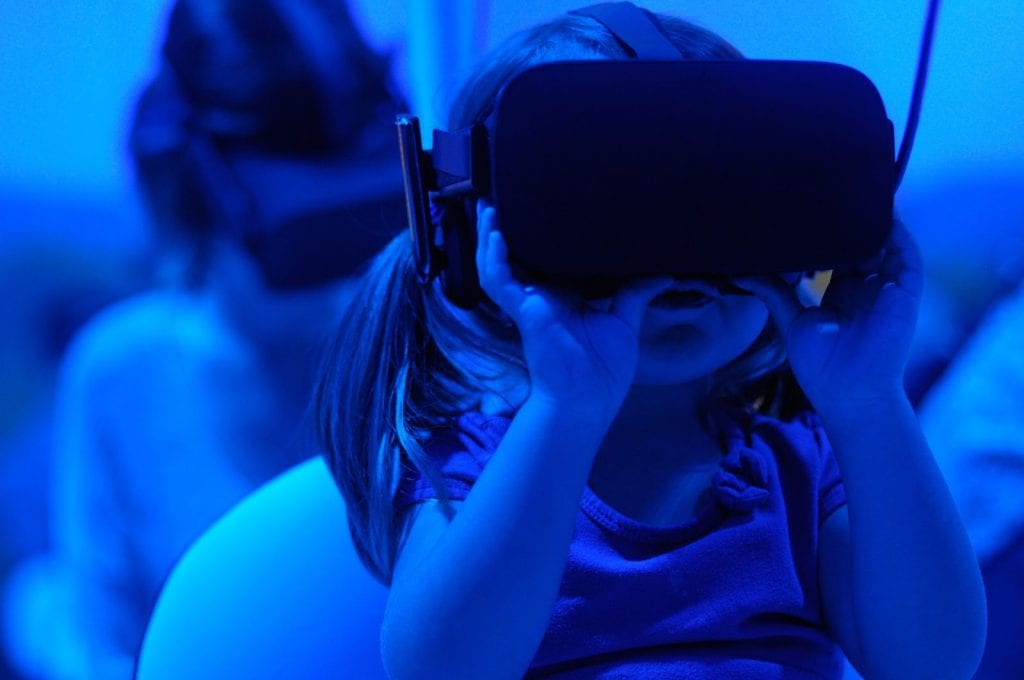
If you do want to pursue a career in tech, rest assured there are women who have changed this industry. Forbes even dedicates an entire article to powerful and influential women in tech each year – beyond experts from Facebook and Microsoft.
How you take this information is up to you.
In one sense, our wins shouldn’t be celebrated as if they are unusual. But in another, at least we are being recognised inclusive of our male counterparts. It seems we have to take what we can get.
Making a mark as a woman of tech doesn’t come easy, but it isn’t impossible. As Operator of Infinity Dish, Laura Fuentes tells us:
“I do not feel less than my male peers because I was brought up strong and made to believe my worth as a person is determined by myself, not by others. However, as a woman in the tech industry, I have felt ‘looked down upon’ by some male peers who feel tech and science are more of a ’man’s’ world.
When I first started in the tech industry, I felt I had to prove to others, men, especially, that I knew what I was doing. There were sometimes disparaging remarks I felt were designed to make me feel small, like a girl, and not the educated woman I am. I kept on and proved to myself and everyone that I had what it takes to thrive in the tech world.”
Changing the industry for the better
It’s no secret that the tech industry needs work.
Businesses need to look at the bigger picture, admit their mistakes and make changes for the better. They need to actively be diverse.
Instead of hiring more women, businesses need to observe how they treat the women they hire. They need to create a fair, honest, and authentic workforce that design leading innovations regardless of gender.
And of course, regardless of race.
Being Black in digital marketing shouldn’t be a problem, and neither should being female. Let’s shout it from the rooftops until our employers hear us.


